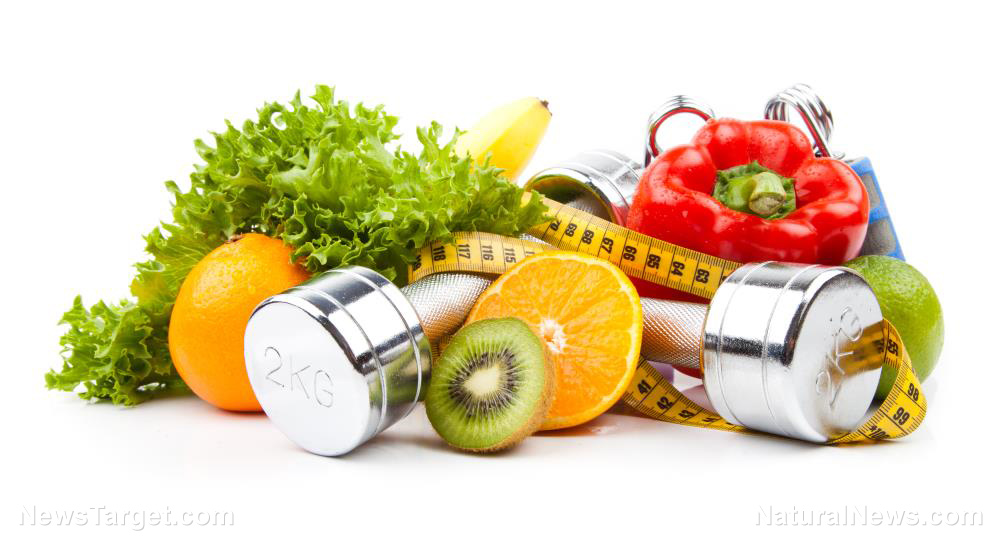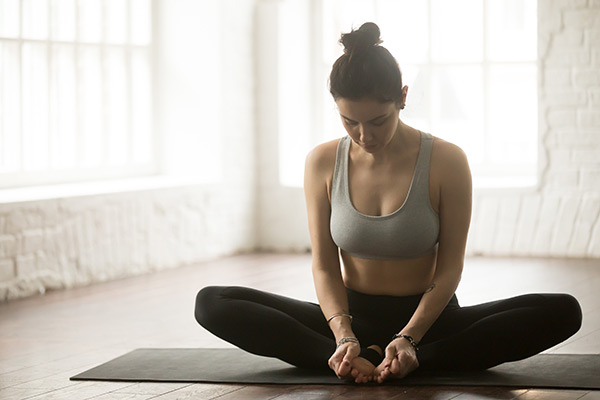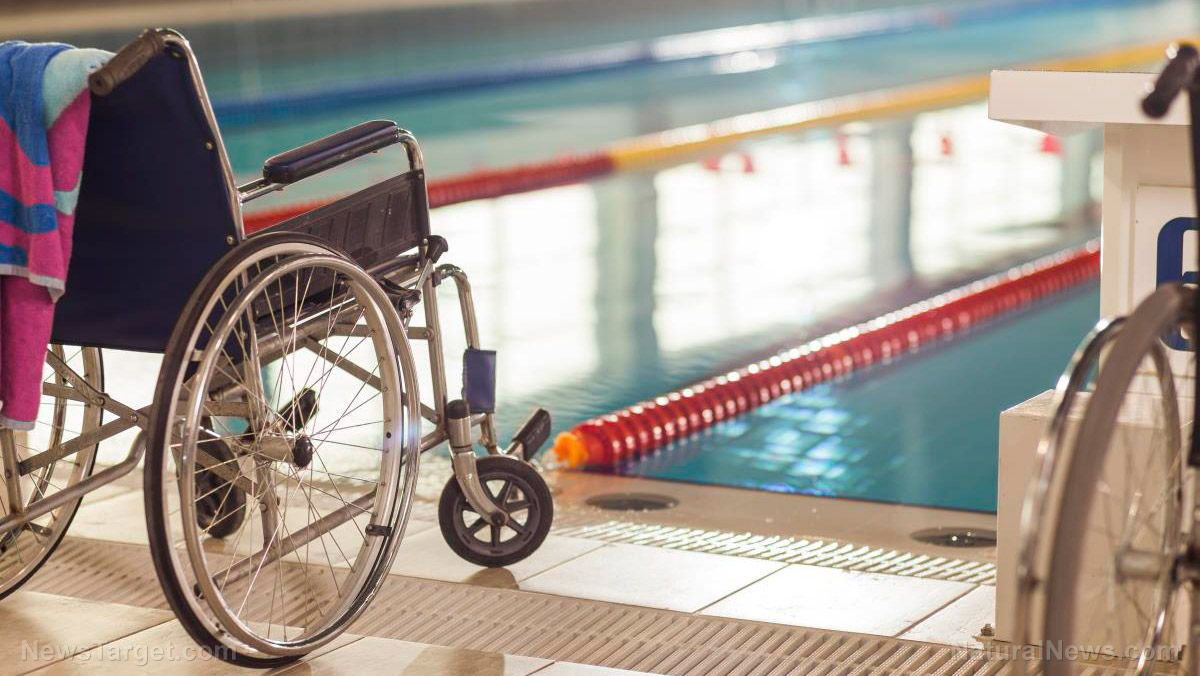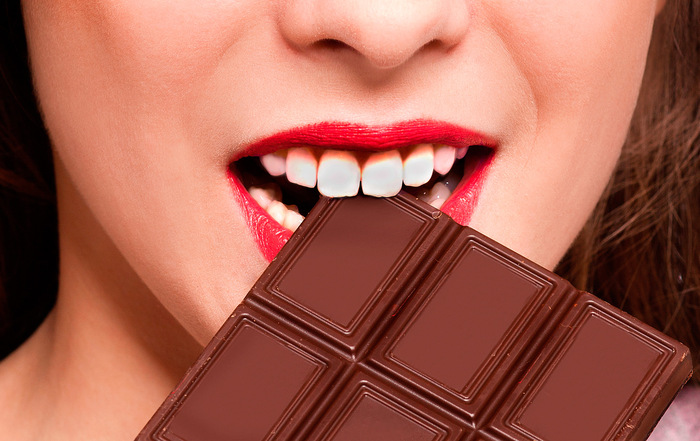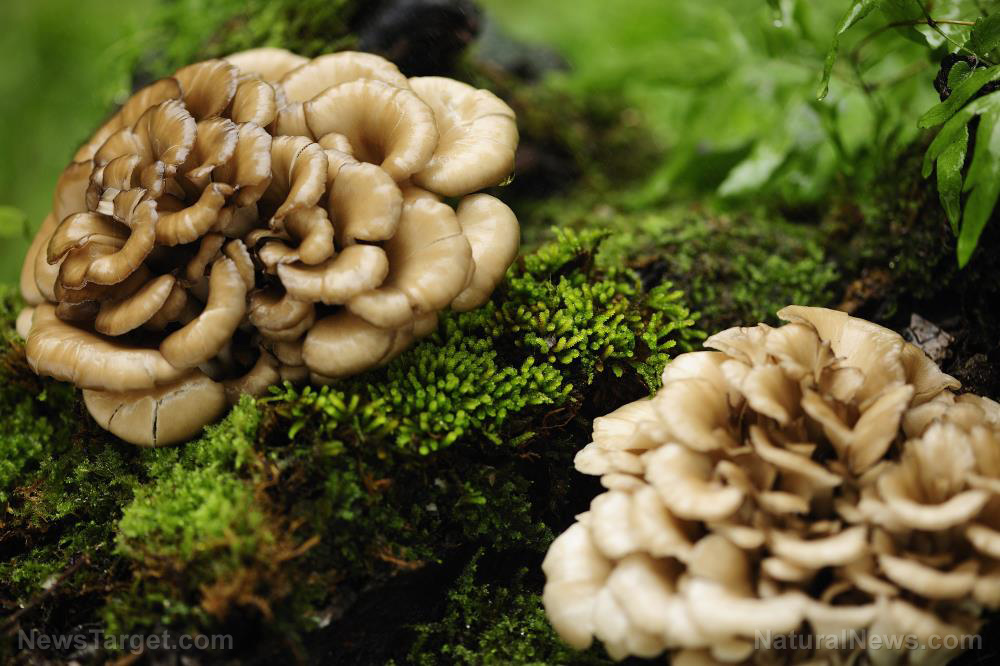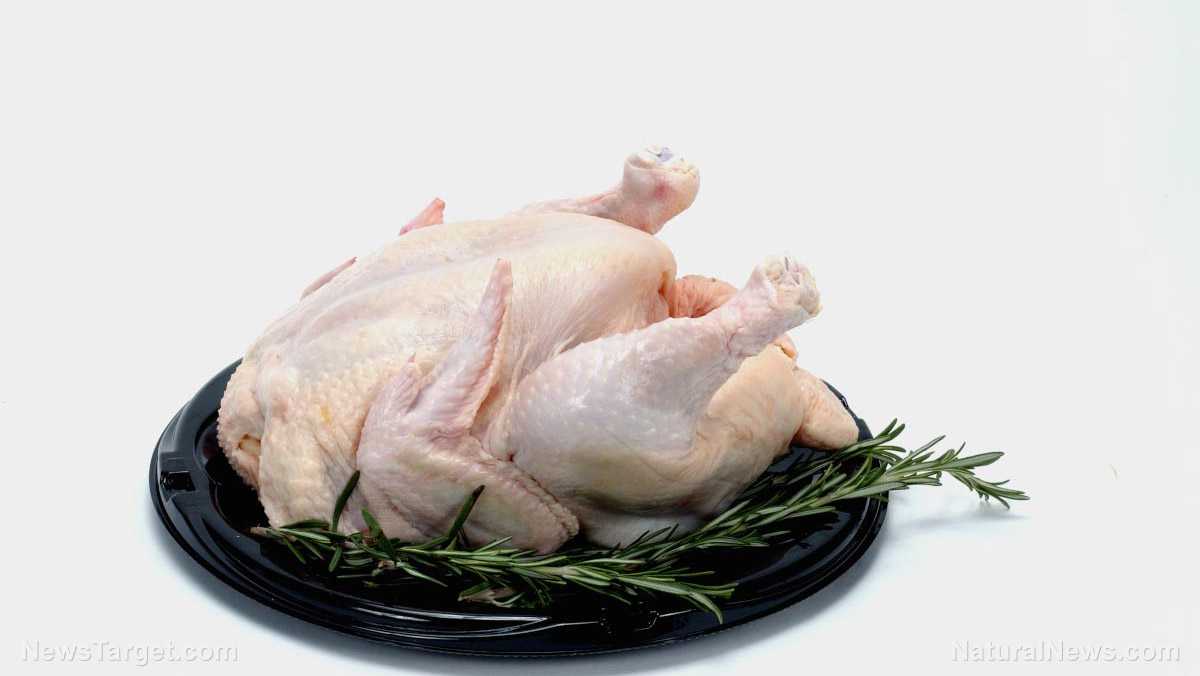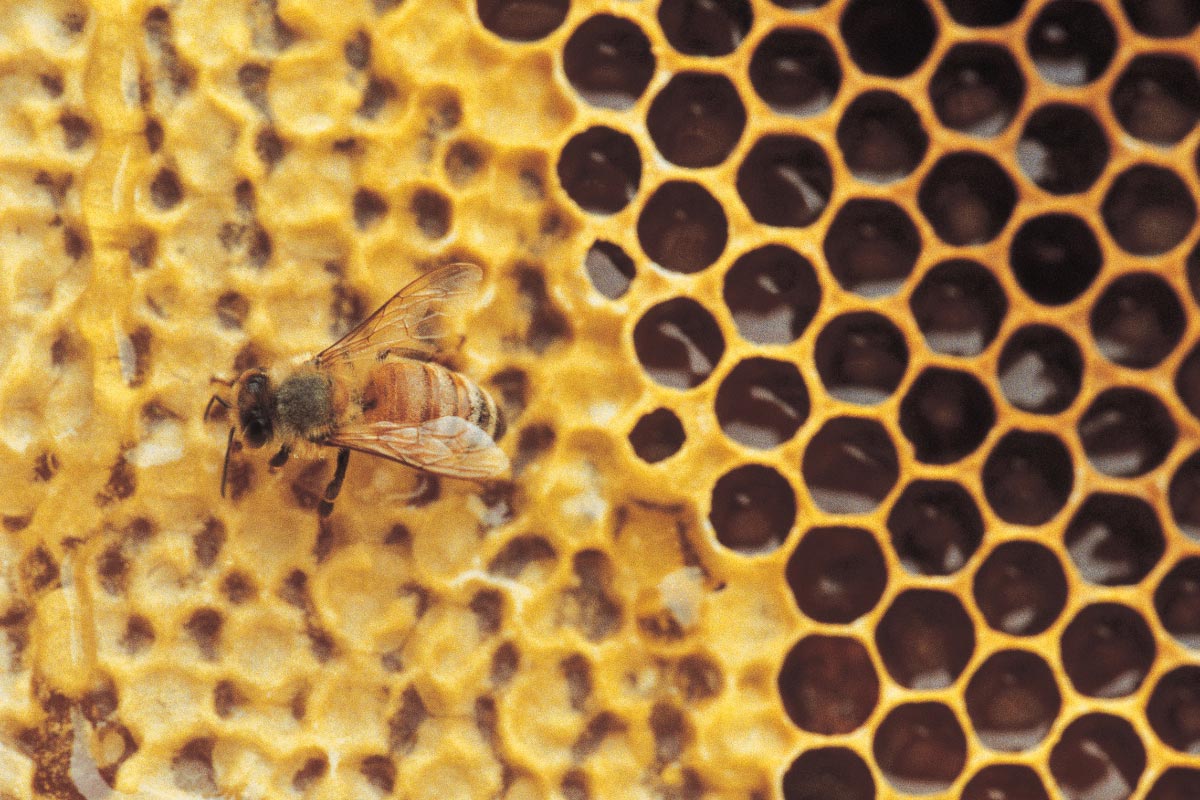The body consumes high amounts of energy when you work out, depleting your energy stores. One way to keep your body up and running during particularly intense exercises is to eat before working out.
Some people fast before working out and still perform well. Others, particularly beginners and those who do highly demanding workout routines, need to eat before hitting the gym. If you belong to the latter group, keep in mind that not all foods can supply you with the nutrients your body needs. That’s why it’s important to choose the right foods to help you maximize your workout gains.
What to eat and what not to eat before working out
Before diving into your workout, experts recommend eating a combination of carbohydrates and protein.
Protein helps improve athletic performance and boosts the growth of muscle mass. Intense resistance exercises can be particularly damaging to the muscles. With protein, however, you can reduce muscle deterioration, synthesize muscle proteins and stimulate muscle growth.
Carbohydrates, on the other hand, will give you the energy you need, especially if you’re planning to do cardiovascular and resistance exercises. Glycogen, the storage form of glucose inside the body, gets depleted when you exercise. As a result, your output and intensity are also diminished. Eating carbohydrates can help restore your glycogen stores and boost carbohydrate oxidation as you work out.
However, it is important to choose the right proteins and carbohydrates. Red meat, for example, is rich in protein but can be difficult to digest. Meanwhile, simple carbohydrates from sugary drinks or baked goods are only short-term energy sources. This means they are not sufficient for high-intensity and prolonged exercise.
Instead of these foods, opt for lean protein (e.g., white-fleshed fish, beans, white meat, plain yogurt) and complex carbohydrate sources (e.g., beans, lentils, oats, whole grain bread). To further guide you, registered dietitian Jaime Schehr lists five pre-exercise food combinations that can help you achieve your best workout performance:
- A banana and peanut butter
- Almond butter on sliced bread
- Yogurt
- Chicken or turkey slices with applesauce
- Sweet potato with or without a hard-boiled egg
On the other hand, Schehr advises against eating high-fiber and high-fat foods.
“Avoid foods that take longer to digest, such as high-fiber raw vegetables and big salads. It’s also best to avoid high-fat foods, especially greasy fats. Anyone who needs to eat before a workout will do better if the foods aren’t high-fat or high-fiber,” said Schehr. (Related: Nutrition expert says to load up on protein and carbs after a workout to boost athletic performance.)
Portion and timing are key
How much you eat can also affect your athletic performance.
Eating too much can make you feel sluggish or want to throw up. Meanwhile, eating too little may not give you enough energy and enough of the essential nutrients required for a certain workout regimen.
The rule of thumb is to eat one-fourth of the portion of a typical meal. However, if you’re doing endurance exercises or workouts that last more than 90 minutes, you might need to eat more carbohydrates. If you’re doing resistance training, you’ll need more protein.
It is also important to time your pre-workout meal properly.
Experts suggest eating a complete meal two to three hours prior to working out. This way, you can properly digest the foods and maximize results.
With the right foods, portion and timing, eating before exercising can greatly boost your exercise performance. Follow the pre-workout tips above and combine your workouts with a well-balanced diet for best results.
Sources include:
MedicalNewsToday.com
MindBodyGreen.com
Healthline.com

